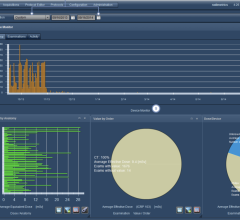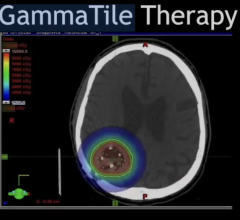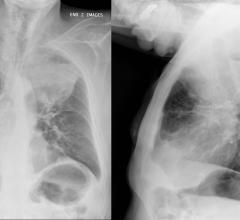
Visceral pleura invasion.
August 21, 2009 - A study published in the August 2009 edition of the Journal of Thoracic Oncology found that non-small cell lung cancer (NSCLC) patients could be more accurately staged at diagnosis by taking into account the level of visceral pleura invasion (VPI). VPI is the extension of a tumor beyond the elastic layer of the visceral pleura.
Researchers from the National Cancer Center East in Kashiwa, Japan conducted a review of data from the Japanese Joint Committee for Lung Cancer Registration. After examining the records of 9,758 patients who underwent surgical resection in 1999, the patients were divided into nine groups based on tumor size and VPI.
The status of disease progression is determined through staging by measuring the presence of a localized tumor (T Status), presence of cancerous cells in the lymph nodes (N status) and metastasized tumors (M status). The TNM classification has several subgroups, or stages, that allow physicians to pinpoint the most accurate level of disease progression and develop a treatment plan. Using the International Association for the Study of Lung Cancer’s staging model, Junji Yoshida, MD and his team concluded that a tumor 7cm or less with VPI should be upgraded to the next stage in T status.
“This research is extremely necessary in order to fine tune the lung cancer staging guidelines and be sure patients receive the most accurate staging and treatment,” said Dr. Yoshida. “Accurate staging and course of treatment can impact the patient’s prognosis tremendously.”
The International Association for the Study of Lung Cancer (IASLC) Staging Initiative is an ongoing movement to modify current guidelines to ensure physicians around the globe are using the most accurate rules to staging and treat their patients.
For more information: www.iaslc.org


 May 03, 2024
May 03, 2024 








